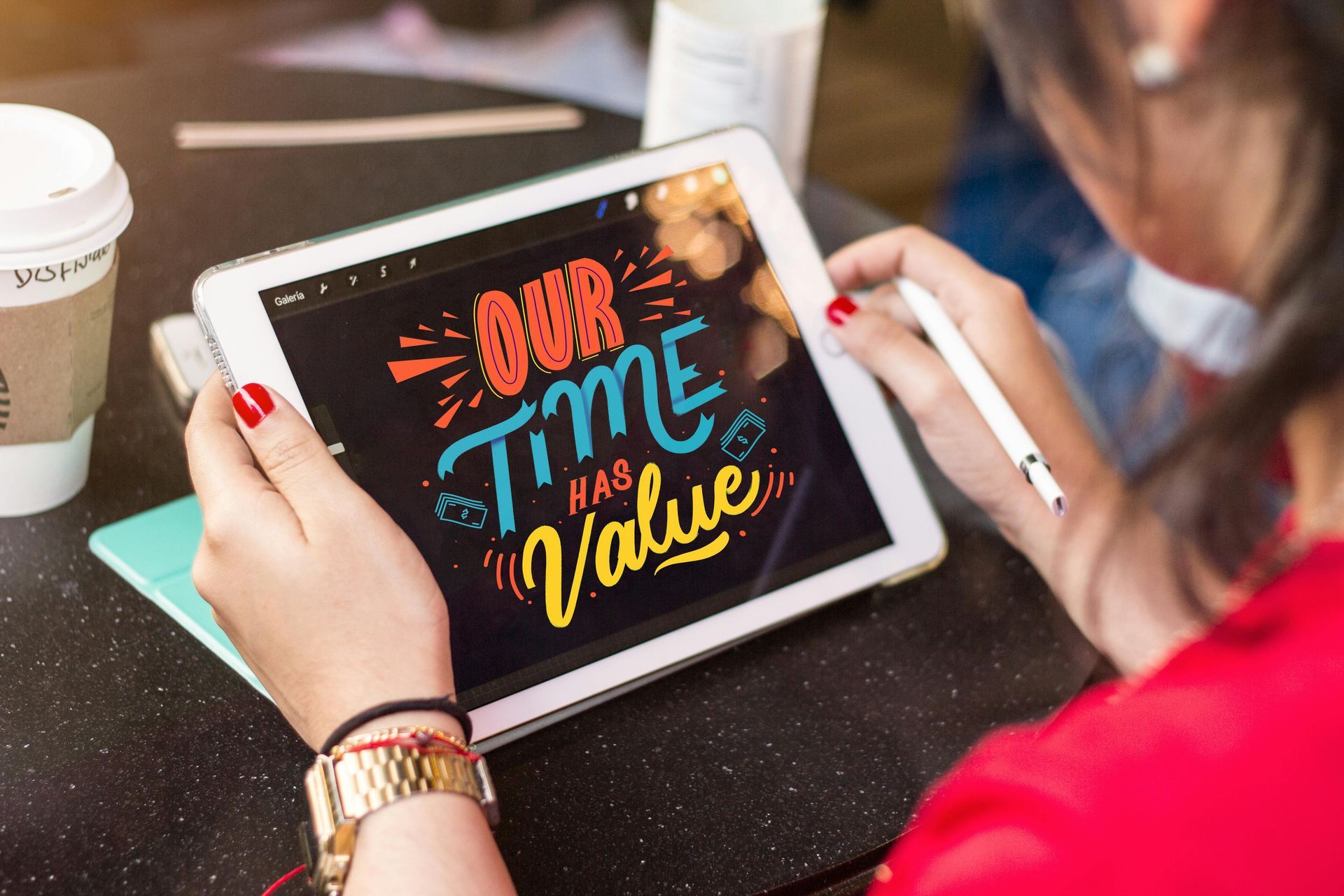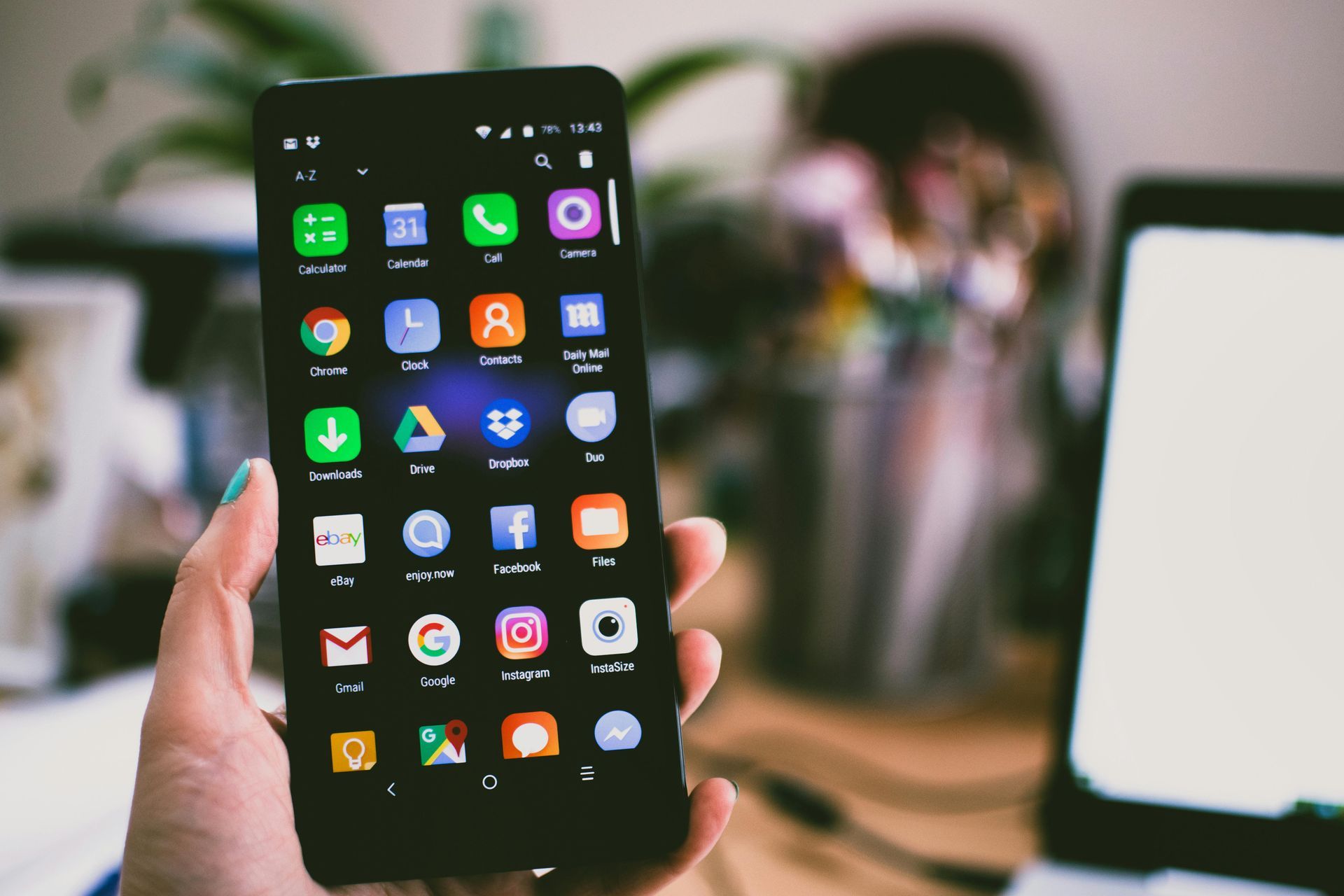Your Brand Is More Than a Logo: How to Build a Reputation That Sells in the Travel Trade
In the travel trade industry, where competition is fierce and relationships drive business, branding is about far more than aesthetics.

A sleek logo and well-designed website might get you noticed, but they won’t secure partnerships, drive B2B sales, or establish long-term credibility.
Branding is about reputation—the trust, authority, and recognition that make a travel business stand out in a crowded marketplace. It’s about what people say about your company when you’re not in the room, how they perceive your expertise, and whether they feel confident in doing business with you.
At The Travel Vox, we work with travel technology providers, trade bodies, tour operators, and travel agencies to shape brands that sell, not just brands that look good. The difference? A brand that sells is one that builds trust, creates influence, and fosters meaningful engagement.
In this blog, we’ll explore why branding in the travel trade goes beyond logos and taglines—and how businesses can build a reputation that drives real growth.
The Difference Between Branding and Reputation in Travel B2B
Many businesses make the mistake of thinking of branding as a visual identity—a company name, a logo, a colour scheme. But in B2B travel, branding is much more than that.
Branding is what you stand for. It’s the trust you cultivate with suppliers, partners, and clients. It’s the way your company communicates its expertise, values, and unique selling points.
Reputation, on the other hand, is how the industry perceives you. A strong brand contributes to a strong reputation, but reputation is built over time through actions, relationships, and thought leadership.
A powerful brand in the travel trade is:
Recognised as an authority in its niche.
Trusted by partners, suppliers, and customers.
Consistent in its messaging and delivery.
Engaged in the industry, contributing insights and leading discussions.
If your brand is just a name and a logo, it’s forgettable. If your brand builds relationships and authority, it becomes irreplaceable.
Why B2B Buyers in the Travel Trade Choose Reputation Over Branding
B2B buyers don’t make decisions lightly. Whether they’re choosing a new travel technology partner, a DMC, or a tour operator, they need more than just a well-crafted marketing campaign to feel confident in their choice.
They need proof. Proof that a company delivers what it promises. Proof that its leaders are knowledgeable, its clients are satisfied, and its industry standing is strong.
In B2B travel, the businesses that succeed aren’t necessarily those with the biggest marketing budgets. They’re the ones that:
Have a track record of delivering results.
Are visible in industry discussions.
Have leadership teams that are known, trusted, and respected.
Prioritise relationships over transactions.
A business with an exceptional reputation doesn’t need to compete on price or chase every lead. It attracts opportunities because people already know, trust, and respect it.
How to Build a Reputation That Sells in the Travel Trade
So how do you shift your focus from branding as a logo to branding as a reputation?
It requires a strategic mix of corporate marketing, thought leadership, and personal influence.
Here’s how to do it:
1. Define What You Want to Be Known For
A strong reputation doesn’t happen by accident. The most respected travel brands have a clear identity and purpose.
Before you start thinking about visibility, ask yourself:
What do we want to be known for in the industry?
What problems do we solve for our clients?
What sets us apart from competitors?
What values drive our business decisions?
The more clearly you define these elements, the easier it becomes to build a reputation that aligns with your expertise and goals.
2. Get Your Leadership Team Visible on LinkedIn
Your company page is important, but in B2B travel, people trust people over brands. A company page might publish news and product updates, but decision-makers engage with people they respect and recognise.
That’s why a personal presence on LinkedIn is one of the most valuable assets in travel trade marketing.
Encourage your leadership team, sales teams, and key experts to:
Regularly post insights about industry trends and challenges.
Engage with travel professionals by commenting on discussions.
Share behind-the-scenes perspectives on your business.
Show expertise through original content, not just resharing company posts.
At The Travel Vox, we train teams to use personal LinkedIn profiles as an extension of the brand, helping businesses build credibility in a way that feels genuine and engaging.
3. Prioritise Thought Leadership Over Sales Pitches
In the travel trade, no one wants to be sold to—but they do want guidance from experts.
A business that only talks about its own products or services is easily ignored. But a business that provides valuable insights, educates its audience, and leads industry conversations? That’s a business people listen to.
Some ways to establish thought leadership include:
Publishing in-depth blogs and whitepapers on industry topics.
Hosting webinars and panels with key travel figures.
Writing guest articles for travel trade publications.
Speaking at industry conferences and events.
The more consistently a business shares useful, insightful content, the stronger its reputation becomes.
4. Engage With the Industry Beyond Your Own Channels
A strong reputation isn’t just about what you say—it’s about how engaged you are with the broader industry conversation.
This means:
Networking at events and maintaining relationships.
Participating in travel trade forums and online discussions.
Collaborating with industry leaders to build credibility.
Responding to industry news and contributing opinions.
The more present and engaged you are, the more influence your brand holds.
5. Deliver on Your Promises
Reputation is built through consistency and reliability. The fastest way to damage a brand isn’t poor marketing—it’s failing to deliver on expectations.
The best way to strengthen a brand’s reputation is to ensure that clients, partners, and industry peers consistently experience excellence.
This means:
Providing outstanding service that people talk about.
Building a strong internal culture that reflects your brand values.
Maintaining a high level of transparency and honesty in business dealings.
When a company is known for delivering results, marketing becomes easier—because word-of-mouth and industry credibility do much of the work.
Final Thoughts: A Brand That Sells Is a Brand That’s Respected
A travel business can have the best logo, the most eye-catching website, and the most polished marketing materials—but if it doesn’t have trust, credibility, and influence, it won’t stand out.
The brands that truly succeed in the travel trade are the ones that go beyond visuals and focus on building a reputation that sells.
At The Travel Vox, we help businesses integrate corporate branding with personal influence—ensuring that marketing isn’t just about looking good, but about being trusted, recognised, and respected.
So, ask yourself: Is your brand just a logo, or is it a reputation that opens doors?
If it’s the latter, you’re on the right path. If not, it’s time to rethink your strategy.
#TheTravelVox #TravelTradeMarketing #B2BBranding #ThoughtLeadership #ReputationMatters

get in touch
STAY TUNED
Contact Us
We will get back to you as soon as possible.
Please try again later.
All Rights Reserved | TravelVox Ltd
Mill Lane, Wimborne, Dorset, United Kingdom, BH21 1LN
Company number 15989094









